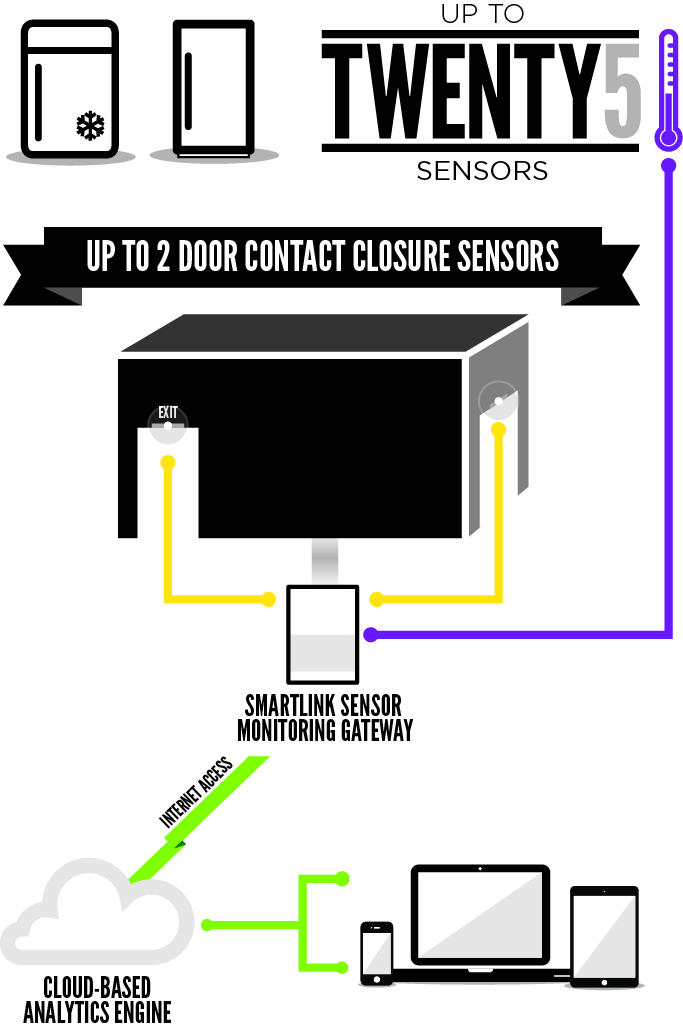EMV Takes Center Stage on Day Two of THE Tech EVENT
DALLAS –- Arguments can be made on both sides regarding whether convenience store operators should upgrade their point-of-sale (POS) systems to meet Europay, MasterCard and Visa (EMV) guidelines, panelists noted in "411 on EMV," a hot-button educational session presented during the second day of THE Tech EVENT.
Several speakers stressed in today’s standing-room-only session that EMV is a set of guidelines, not standards. However, c-store retailers must convert to the chip and PIN system by October 2015 for in-store transactions, and by October 2017 for pump transactions in order to avoid responsibility for fraudulent credit and debit card transactions.
"Would I be better off by not implementing it?" panelist Simon Stocks, projects and strategy manager for IFSF Limited, posed to the crowd at Dallas’ Hilton Anatole hotel. "Implementation costs are very high, especially for those who sell petroleum."
The first thing retailers should co nsider when deciding whether to upgrade to EMV-compatible POS systems is the current card fraud losses they currently sustain and projected losses for the future, advised Robin Trickel, executive director of product compliance for Heartland Payment Systems.
nsider when deciding whether to upgrade to EMV-compatible POS systems is the current card fraud losses they currently sustain and projected losses for the future, advised Robin Trickel, executive director of product compliance for Heartland Payment Systems.
Not only is EMV implementation expensive, but it also requires plenty of preliminary work, noted Bruce Murray, president of B2 Payment Solutions Inc., which has implemented EMV systems at retail locations in Canada. "You must have training to start," he stated. "There’s a tremendous amount of nomenclature involved. You often need to bring in someone from the outside early on to provide training."
Once a retailer believes they fully understand EMV, Murray strongly advised they conduct several subsequent tests. "They say real estate is about location, location, location. EMV is all about testing, testing, testing," he stressed.
EMV has already been implemented in 120 countries. The United States is the most developed country yet to implement chip and PIN cards. But Trickel pointed out that the U.S. is different from other nations because EMV currently violates the Durbin Amendment, an addition to the Dodd-Frank Wall Street Reform and Consumer Protection Act of 2010 that capped interchange swipe fees.
Even if a retailer decides to upgrade to EMV, credit and debit card fraud will still be possible, Stocks cautioned. "You may not be liable for fraud, but your reputation could take a hit," he said.
Erik Vlugt, vice president of product marketing for VeriFone Inc., expressed a similar sentiment. "Data breaches can still happen," he relayed. "And whether you are responsible or not, you still can end up on the cover of the Wall Street Journal when [the data breach] happens."
Shifting from educational sessions to the trade show floor, the Supplier Exchange section of THE Tech EVENT opened with sparse crowds this morning. Booth traffic did pick up later in the day however, several exhibitors told CSNews Online. One exhibitor added that floor traffic may be slow as it takes time for a new show to build attendance momentum.
THE Tech EVENT -- a combination of the former NACStech conference and PCATS Winter Meeting -- continues through May 10. Tomorrow will feature a NACS State of the Industry Update, as well as an evening PCATS Hall of Fame reception honoring Scott Hartman, president and CEO of Rutter’s Holdings Inc., and Gene Gerke, president of Gerke & Associates Inc.

